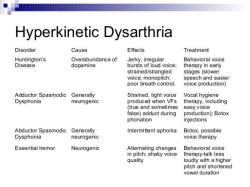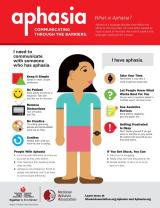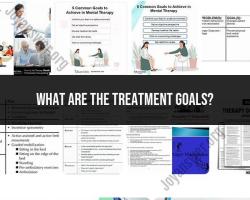What are nursing contact hours?
Nursing contact hours, also known as Nursing Continuing Education Units (CEUs) or Nursing Education Units (NEUs), are a measure used in nursing education to quantify participation in professional development and continuing education activities. These hours are a way to ensure that nurses engage in ongoing learning to maintain and enhance their knowledge, skills, and competence in the rapidly evolving healthcare landscape.
Key points about nursing contact hours include:
Purpose:
- The primary purpose of nursing contact hours is to promote lifelong learning among nurses. It allows them to stay current with advances in healthcare, evidence-based practices, and changes in regulations or standards of care.
Requirements for Licensure Renewal:
- Many nursing regulatory bodies, such as state boards of nursing, require nurses to complete a certain number of contact hours as part of their continuing education requirements for licensure renewal. The number of required hours varies by jurisdiction.
Types of Activities:
- Nursing contact hours can be earned through various educational activities, including workshops, conferences, seminars, online courses, and other approved learning experiences. The activities are typically designed to enhance the nurse's knowledge and skills in areas relevant to their practice.
Accreditation and Approval:
- To be recognized for licensure renewal, nursing contact hours must often be obtained from accredited providers. These providers may include educational institutions, healthcare organizations, professional nursing associations, or other approved entities.
Documentation and Record-Keeping:
- Nurses are responsible for documenting and keeping records of their completed contact hours. This documentation may be requested during the licensure renewal process, and nurses may need to provide proof of participation in approved educational activities.
Variability in Requirements:
- The specific requirements for nursing contact hours can vary by state and country. Each nursing regulatory body establishes its own guidelines, and nurses should be aware of the specific requirements set by the licensing board in their jurisdiction.
Importance of Evidence-Based Content:
- Many nursing contact hour activities focus on evidence-based content, ensuring that nurses are exposed to the latest research and best practices in healthcare.
Nurses can obtain information about approved providers, available courses, and the number of required contact hours from their state board of nursing or the regulatory body overseeing nursing licensure in their jurisdiction. It's essential for nurses to stay informed about the specific requirements for continuing education in their area to maintain their licensure.
What do nursing contact hours represent or encompass?
Nursing contact hours represent a unit of measure used by the American Nurses Credentialing Center (ANCC) to track nurses' participation in continuing education (CE) activities. Each contact hour is defined as 60 minutes of an organized learning activity that is either didactic (classroom-style instruction) or clinical (hands-on experience).
Here's what nursing contact hours encompass:
1. Participation in various learning activities:
- Live activities: Attending workshops, conferences, seminars, or live webinars.
- Online activities: Completing online modules, courses, or self-study programs.
- Independent learning: Reading professional journals, research papers, or textbooks.
- Mentorship and preceptorship: Participating in mentoring or preceptorship programs under the supervision of experienced nurses.
- Professional presentations: Presenting research findings or best practices at conferences or meetings.
2. Different types of knowledge and skills:
- Clinical skills: Updating knowledge and skills on patient care procedures, medications, and new technologies.
- Theoretical knowledge: Deepening understanding of nursing theory, research findings, and ethical principles.
- Soft skills: Enhancing communication, leadership, critical thinking, and teamwork abilities.
3. Maintenance of professional competence:
- Contact hours help nurses stay up-to-date with the latest advancements, best practices, and regulations in their field.
- They ensure nurses meet the mandatory CE requirements for maintaining their nursing license or certification.
- Demonstrating ongoing learning and professional development through contact hours can enhance career prospects.
Overall, nursing contact hours represent a commitment to lifelong learning and continuous improvement, ensuring nurses remain competent and provide the highest quality of care to their patients.
I hope this clarifies the meaning and significance of nursing contact hours!












